The views expressed in our content reflect individual perspectives and do not represent the authoritative views of the Baha'i Faith.
Recently, several social analysts and commentators have posed an argument that certain ethnic, religious and national origin groups are doing strikingly better than Americans overall. Some statistical measures indicate that these groups, which include Asian-Americans, immigrants and even a few religious denominations, may have increased academic attainments, material successes and overall achievement than other groups.
The argument advanced here, in an article by Amy Chua and Jed Rubenfeld: posits that these groups do better because their cultures inculcate three traits that drive success:
- A sense of superiority;
- Insecurity, or feeling that you are not good enough; and
- Impulse control, or the ability to delay gratification.
Here’s one striking paragraph from the article above:
There are some black and Hispanic groups in America that far outperform some white and Asian groups. Immigrants from many West Indian and African countries, such as Jamaica, Ghana, and Haiti, are climbing America’s higher education ladder, but perhaps the most prominent are Nigerians. Nigerians make up less than 1 percent of the black population in the United States, yet in 2013 nearly one-quarter of the black students at Harvard Business School were of Nigerian ancestry; over a fourth of Nigerian-Americans have a graduate or professional degree, as compared with only about 11 percent of whites.
At least two questions come to mind. Can anyone adopt these traits to “systematically sacrifice present gratification in pursuit of future attainment”? More importantly, are these the traits which, if thoroughly cultivated, will lead our youth to success?
These questions came to mind while working with a diverse group of lively American youth in an inner city neighborhood last weekend. Baha’is and likeminded people of faith all over the world volunteer in underprivileged or under-served neighborhoods to help kids and youth develop their inherent nobility, dignity and intelligence. Please see examples of the process in action here: To Serve Humanity.
In this case we collaborated with parents, youth and children, all of them outside of the national origin groups identified in the argument above. We shared in earnest regarding our common desires to build spiritually and materially prosperous communities, one neighborhood at a time.
During this past weekend, these conversations revolved around developing and sustaining processes that enable junior youth to enhance the power of their expression; refine their spiritual perceptions; develop praiseworthy capabilities and leverage these in service to their communities.
The participants in the process — all novices — were motivated by love and a desire to contribute to the betterment of the world. We made the mistakes of youth and inexperience, but we were happy throughout the weekend, vowing to reflect, refine and try again. We were having fun. We felt good and had the sense that we were making a difference.
These kinds of cross-cultural, multiracial and class-free community efforts advance civilization irrespective of race, religion or national origin. When we work together with the youth like this, we begin to see success begins with love and ends in unity:
Love is the most great law that ruleth this mighty and heavenly cycle, the unique power that bindeth together the divers elements of this material world, the supreme magnetic force that directeth the movements of the spheres in the celestial realms. Love revealeth with unfailing and limitless power the mysteries latent in the universe. Love is the spirit of life unto the adorned body of mankind, the establisher of true civilization in this mortal world, and the shedder of imperishable glory upon every high-aiming race and nation. – Abdu’l-Baha, Selections From the Writings of Abdu’l-Baha, p. 27.
Note ye how easily, where unity existeth in a given family, the affairs of that family are conducted; what progress the members of that family make, how they prosper in the world. Their concerns are in order, they enjoy comfort and tranquillity, they are secure, their position is assured, they come to be envied by all. Such a family but addeth to its stature and its lasting honour, as day succeedeth day. And if we widen out the sphere of unity a little to include the inhabitants of a village who seek to be loving and united, who associate with and are kind to one another, what great advances they will be seen to make, how secure and protected they will be. – Abdu’l-Baha, Selections From the Writings of Abdu’l-Baha, p. 279.
Pursuing excellence alone is praiseworthy, but so much more fun done with the loving encouragement of friends and neighbors. When we work together, the isolating notions of supremacy and inferiority give way to love one for each other. Desire burns to benefit the whole, giving passion a constructive direction that blossoms into spontaneous acts of service, which prosper the community. No sense of inferiority or superiority can match this powerful sense of unity.


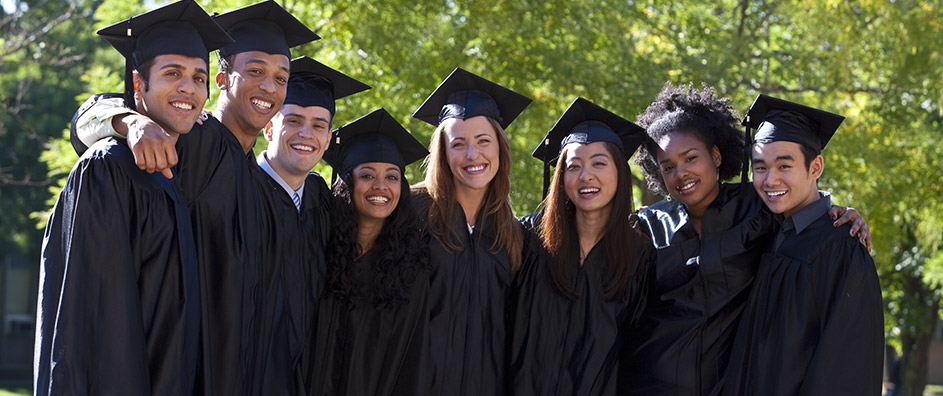
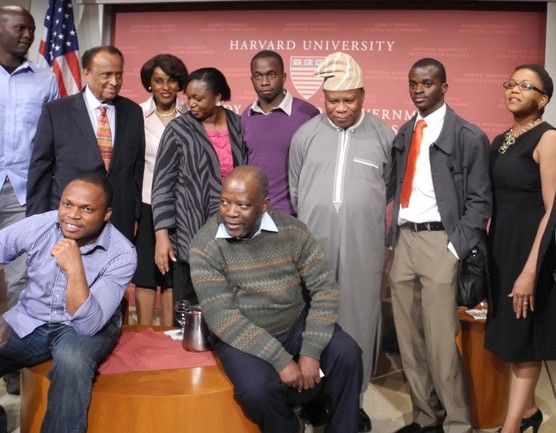
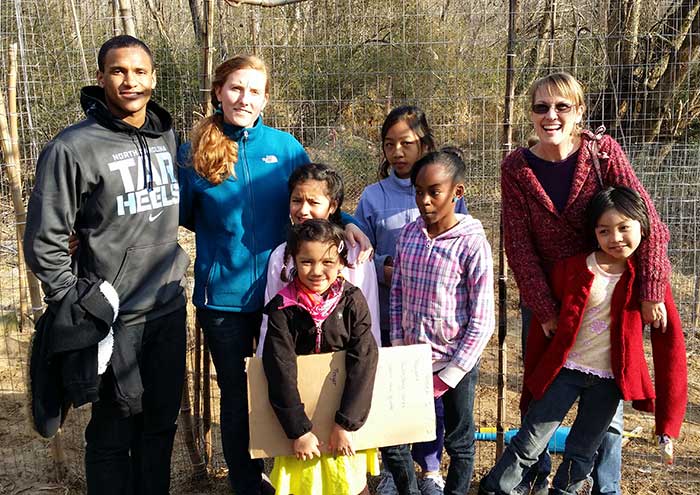
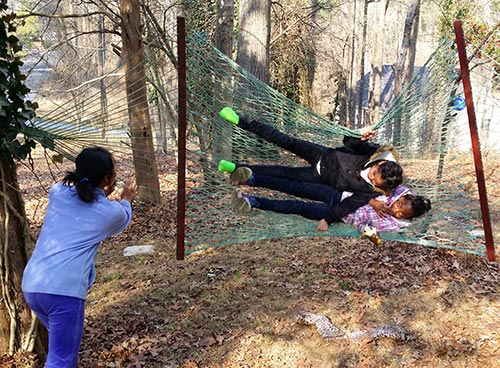



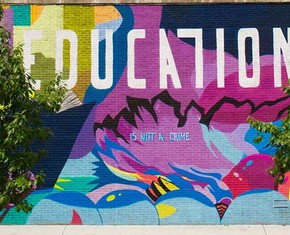









Comments
Sign in or create an account
Continue with Googleor